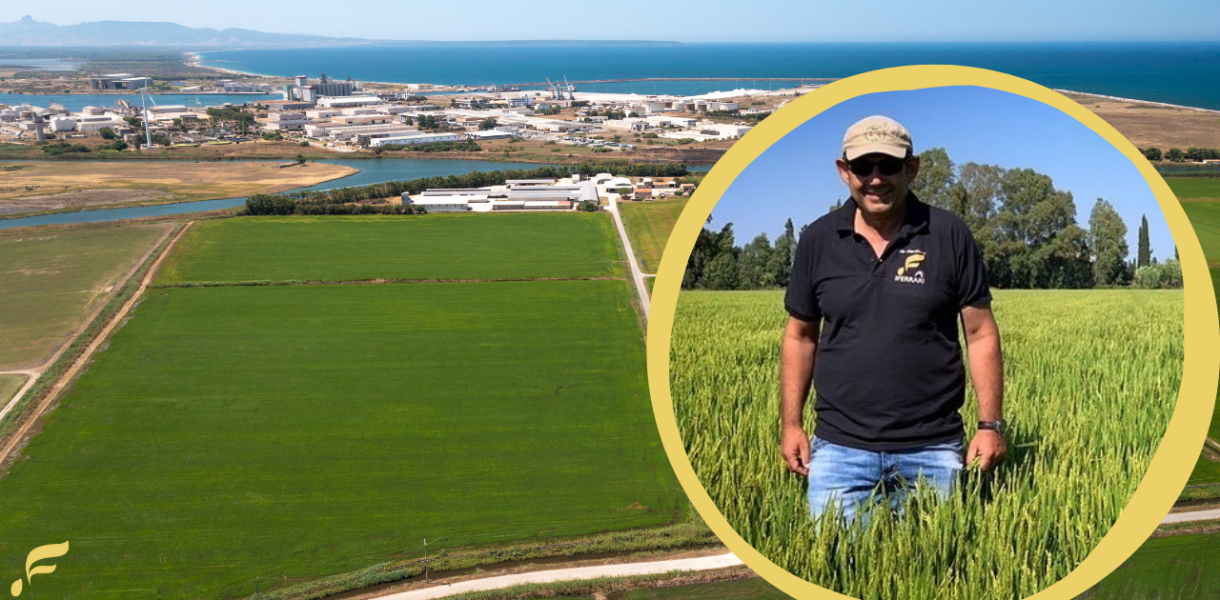Have you ever heard of "false sowing"?
Let's find out what it is through a chat with the iFerrari rice production manager, Giovanni Ferrari.
False sowing is a 100% natural agronomic weeding technique (mainly used in organic farming) which consists in treating the soil as if it had actually been sown, when in reality this has not happened. This technique allows to eliminate the weeds from the ground and to safeguard as much as possible the "purity" of the variety that will be sown immediately after the false sowing.
A real trick "explains Giovanni Ferrari:" After working the soil and preparing the seedbed, water is allowed to enter the paddy field, thus creating the conditions for the germination of wild rice and all weeds. The soil in this way believes that it has been sown, when in reality the seed has not really been distributed. Once the seedlings have sprung up, the water is removed from the paddy field and uprooted through a light and superficial milling of the soil. After the false sowing (which can be repeated twice in a row) we proceed with the "true" one. Naturally, the weeds will grow back, but in a much lower quantity and, thanks to the expert workers in rice husking, they will be further eradicated when the rice has grown (July / August).
The real sowing can take place either in flooded paddy fields or in dry paddy field. We practice both because we think it is the right compromise both for the maintenance and conservation of the biodiversity of the beautiful Sardinian territory in which we find ourselves, through the one in the flooded paddy field, and for the important water saving, through the one in dry paddy field ".
Thanks to the care of its rice fields and the techniques provided for by the National Integrated Production Quality System, iFerrari Rice has received the agri-food certification of SQNPI Sustainable Quality and the entire production of the company is increasingly responsible and close to the environment.




